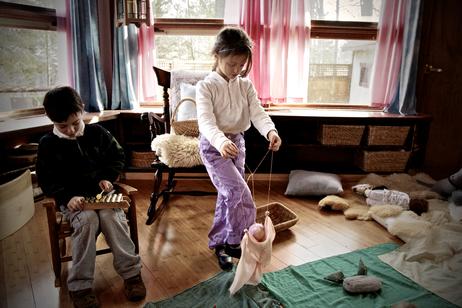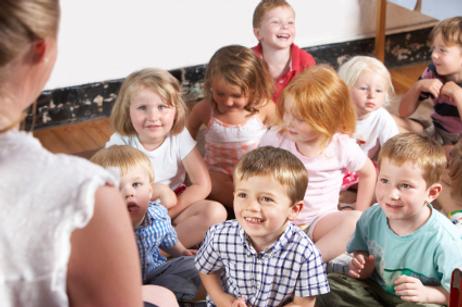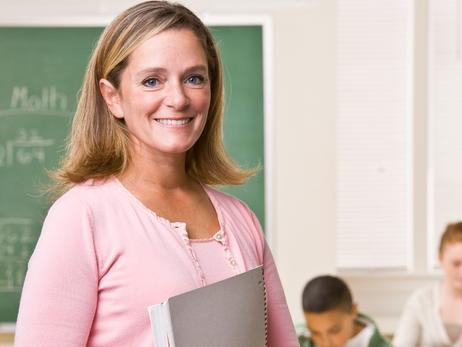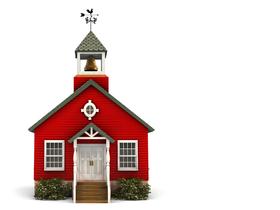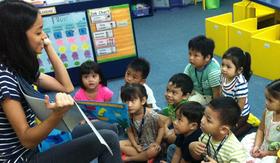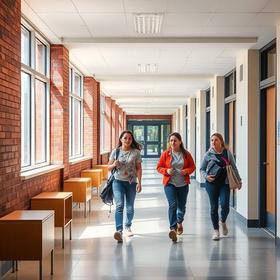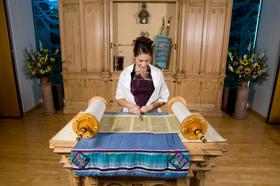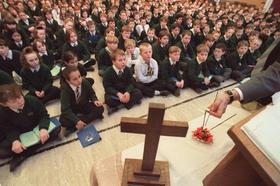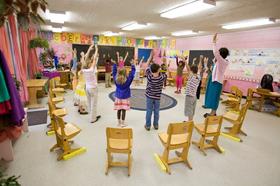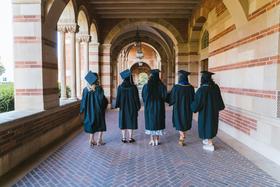I asked Vicki Larson to give us some detailed answers to my questions about Waldorf education. (I must disclaim that my eldest daughter attended a Waldorf school.) Vicki is the Director of Communications and Marketing at Green Meadow Waldorf School in Chestnut Ridge, New York. She is also the school's Alumni Relations Coordinator and Diversity Committee Chair. ~ Rob Kennedy
What sets a Waldorf school apart from public schools? Is it curriculum? Teaching style? Philosophy? Other characteristics?
The Waldorf curriculum differs from a public school or other independent school curriculum in philosophy, teaching style, and the kinds of relationships the students develop with their teachers and classmates.
Philosophy: Uniquely designed to meet children at each developmental stage, Waldorf Education is based on child study and observation. Our academically challenging, arts-infused curriculum includes block-style learning and develops adults who have the opportunity to reach their full potential, excelling in many areas unafraid to take risks as they work to solve problems. In our school environment, academic standards are rigorous, and stress is minimized by strong relationships, ample artistic and physical activity, and opportunities for joy and discovery. Media and technology are managed very differently than in many other schools: they are introduced in an age-appropriate way. They are understood and used as tools rather than ends unto themselves. Waldorf Schools do not "teach to the test" (as independent schools, we are often exempt from state testing, though most Waldorf students take the SAT and other standardized tests), and

